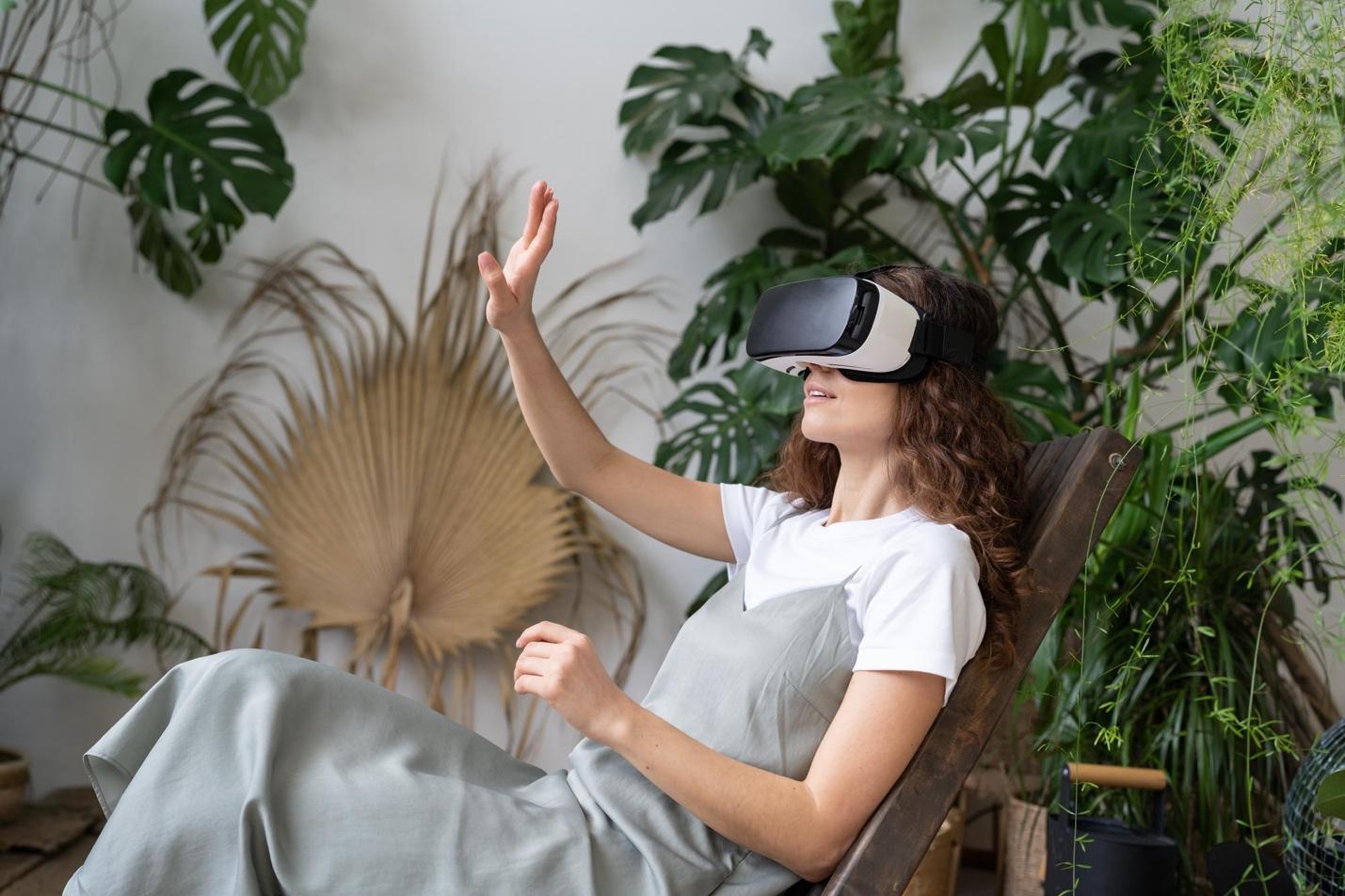As more businesses move toward e-commerce and m-commerce solutions, they need human-centric solutions for connecting with consumers. Without the physical presence of a knowledgeable customer service rep or flashy showroom, businesses can turn to emerging technologies to fill in the gaps.
This article explores how your retail business can incorporate emerging technologies into a custom mobile app to deliver superior customer service. For more information on the applications listed below, reach out to a well-reviewed mobile app development company in Toronto with experience in artificial intelligence, virtual reality and augmented reality.
Artificial Intelligence
At one time, online retail had a reputation for being cold and impersonal. Whereas e-commerce apps served a utilitarian function – allowing consumers to quickly order products — brick-and-mortar establishments always had the upper hand on value-adding customer service. They could staff one-on-one service representatives to offer product recommendations, tips and help.
Artificial intelligence bridges that gap. AI constitutes a wide umbrella of technologies, each characterized by its ability to mirror and mimic the way humans think. Companies aiming to improve their customer service can leverage AI in their custom mobile app in several ways:
- Chatbots: These are AI-powered bots that replicate human speech patterns. Customers can ask chatbots for recommendations, solicit them for help with an issue, or ask technical questions about specific products. Unlike their human counterparts, chatbots are on-call 24/7 to help late-night shoppers and remote buyers. And they don’t require onboarding, management or pay.
- Sentiment Analysis: Retail business owners can use artificial intelligence for sentiment analysis – a way of identifying, analyzing and categorizing consumer opinions on everything from products to marketing tactics. A business can use these insights to improve its offerings or enhance its marketing strategy.
- Speech Recognition: A business can also apply artificial intelligence to speech recognition to make their mobile app more accessible for hands-free users.
- Alert Personalization: Businesses can personalize the alerts they send to customers based on individual habits, proclivities and purchase histories. This process closely mimics how a human merchant might treat their loyal “regulars” by offering tailor-made suggestions and promotions.
Essentially, AI adds a human touch to the mobile shopping experience, bringing your online customer service in line with your brick-and-mortar standards.
Virtual Reality and Augmented Reality
If artificial intelligence bridges the “humanity” gap between in-store and mobile shopping, immersive technologies bridge the experiential gap.
Whereas before, mobile consumers had to make do with a few thumbnail photos when they shopped, immersive tech like augmented reality (AR) and virtual reality (VR) allows people to experience your products. Here’s how:
- Try Before You Buy Functionality with AR: Essentially, augmented reality superimposes virtual graphics onto real spaces. Customers can “try on” your clothes, “wear” your jewellery, “hang” your art on their wall, etc.
- Colour and Fit Matching: Similarly, AR enables customers to check your product for size, fit and color. For example, furniture store customers can use AR to envision how a couch might look in their living room, or if a kitchen table they find will fit in their dining room.
- Virtual Touring: Virtual reality tours can be a great way to connect with consumers, highlighting your company’s best assets. Some luxury automobile retailers have used VR to give consumers an under-the-hood tour of their vehicles. And some food manufacturers use VR to offer processing facility tours to consumers – literally (and figuratively) showing consumers how the sausage is made.
Mobile apps present a fantastic opportunity for businesses that want to reach customers in a more meaningful way. Artificial intelligence allows businesses to inject their mobile presence with humanity and insight-driven value, and VR/AR enables retail businesses to craft a compelling buying experience.








